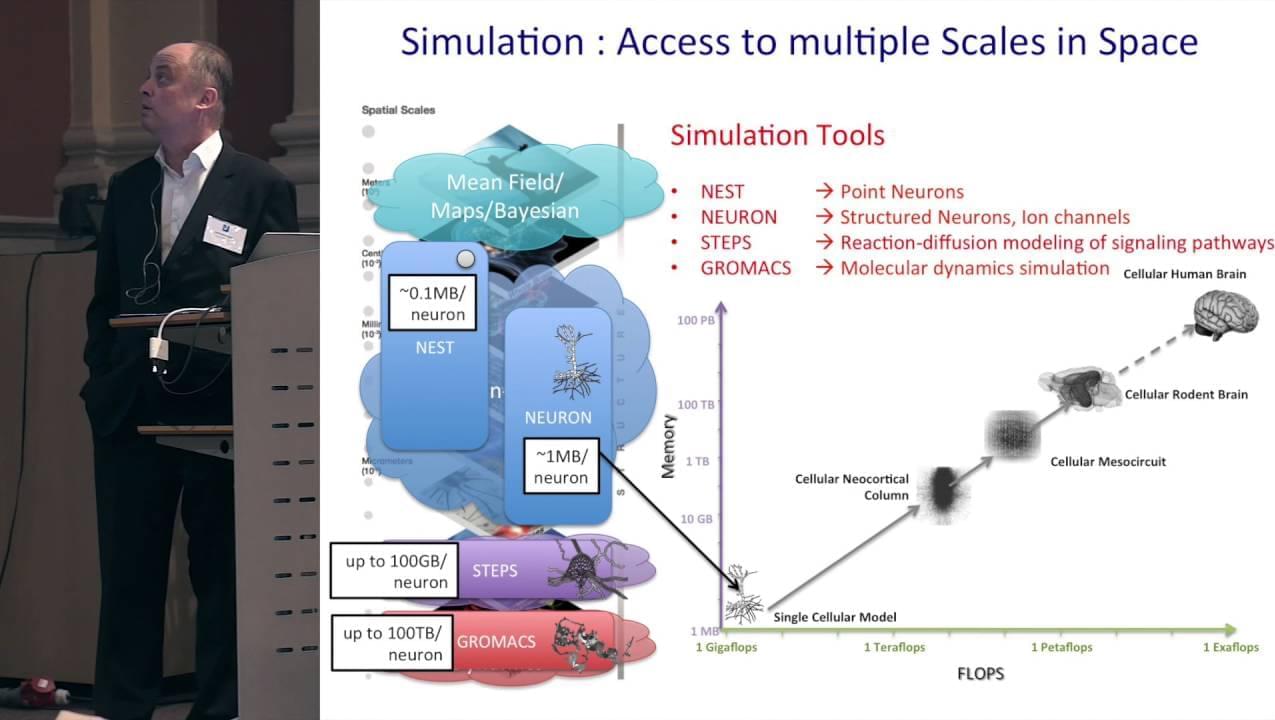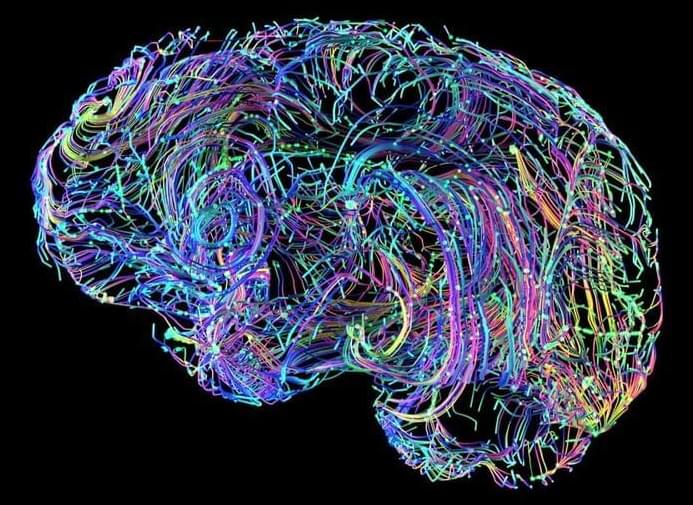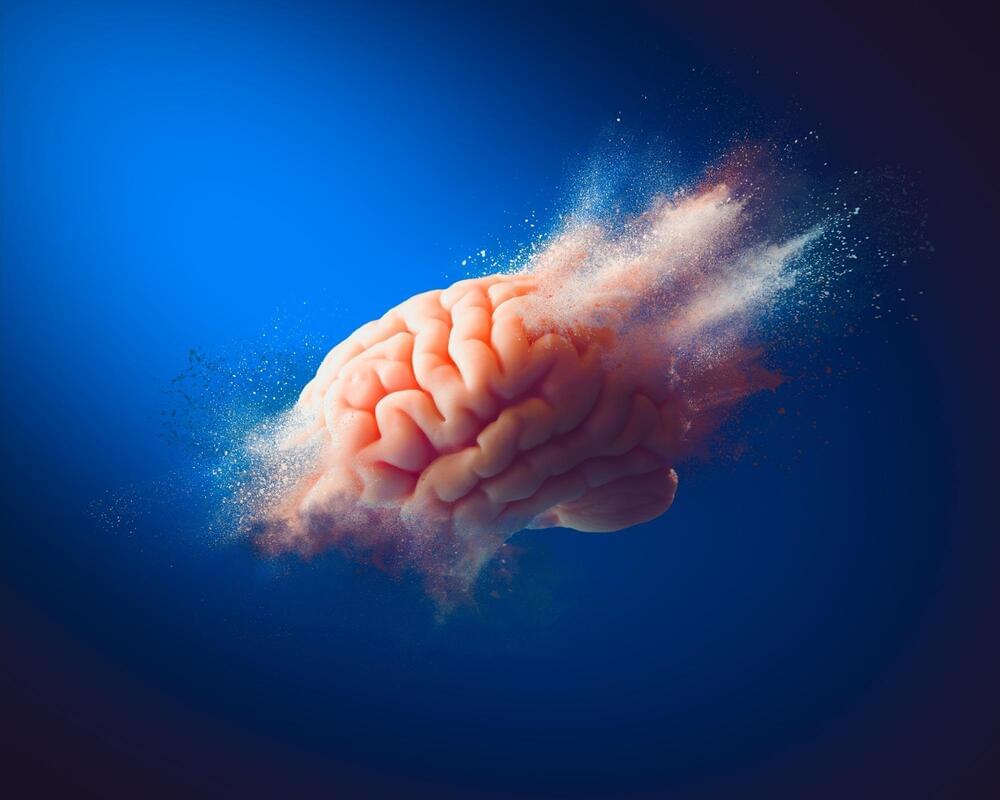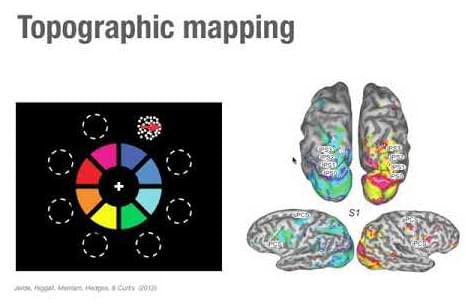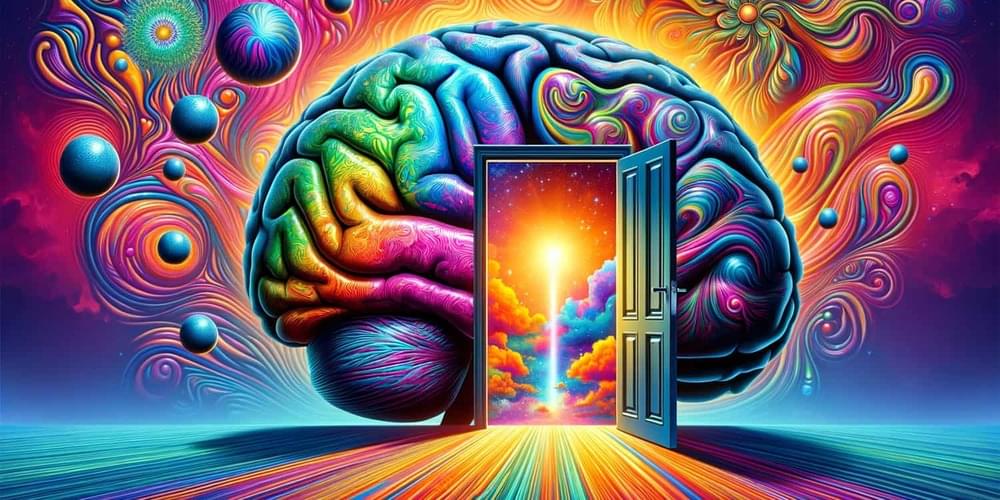Jan 16, 2024
Architecture All Access: Neuromorphic Computing Part 2
Posted by Dan Breeden in categories: biological, education, internet, mapping, neuroscience, robotics/AI
In Neuromorphic Computing Part 2, we dive deeper into mapping neuromorphic concepts into chips built from silicon. With the state of modern neuroscience and chip design, the tools the industry is working with we’re working with are simply too different from biology. Mike Davies, Senior Principal Engineer and Director of Intel’s Neuromorphic Computing Lab, explains the process and challenge of creating a chip that can replicate some of the form and functions in biological neural networks.
Mike’s leadership in this specialized field allows him to share the latest insights from the promising future in neuromorphic computing here at Intel. Let’s explore nature’s circuit design of over a billion years of evolution and today’s CMOS semiconductor manufacturing technology supporting incredible computing efficiency, speed and intelligence.
Continue reading “Architecture All Access: Neuromorphic Computing Part 2” »

